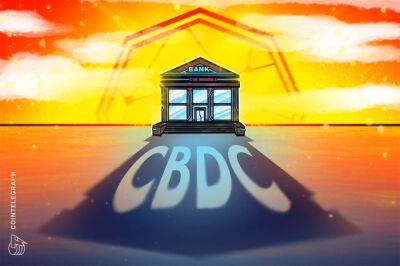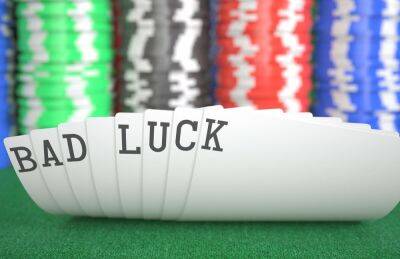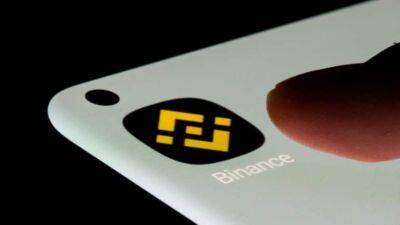BoJ official says digital yen won’t be used to achieve negative interest rate
The Bank of Japan (BoJ) has said that its Central Bank Digital Currency (CBDC), the digital yen, will not be used to help attain negative interest rates.
The BoJ’s Executive Director, Shinichi Uchida made the announcement in his most recent public speech.
Japan initially adopted negative interest rates in 2016 in an attempt to combat decades of deflation by encouraging borrowing and spending. Negative interest rates are only used as a last resort by central banks during a recession to stimulate an economy by encouraging borrowing and spending, with interest being paid to borrowers rather than lenders.
Echoing this sentiment was former head of the BoJ’s financial settlement department Hiromi Yamaoka, who warned earlier this year that CBDCs could potentially destroy the Japanese economy. While Yamaoka agreed with the idea of digitizing payment methods, he did not support the idea of using a CBDC for it.
Senior Wall Street Journal columnist James Mackintosh has similarly argued that the difference between a CBDC and cash would be highlighted if interest rates fell below zero. People would be more inclined to hold on to physical cash to “earn zero” rather than lose money on a digital dollar issued by the central bank.
In his speech, Uchida stated that if the creation of digital yen does move forward, then Japanese citizens can expect the CBDC to be released with a series of unique features.
The bank is considering imposing a limit on the transaction amount of each individual or entity for the duration of the pilot, and is also contemplating whether or not to make the digital yen an interest-bearing asset.
The BoJ first shared its three-phase trial outline for its central bank digital currency (CBDC) in October 2020. The first two
Read more on cointelegraph.com


 cointelegraph.com
cointelegraph.com



![Terra-fying war rages as USD Coin [USDC] and Binance USD [BUSD] battle it out](https://finance-news.co/storage/thumbs_400/img/2022/5/11/25207_yofjd.jpg)









